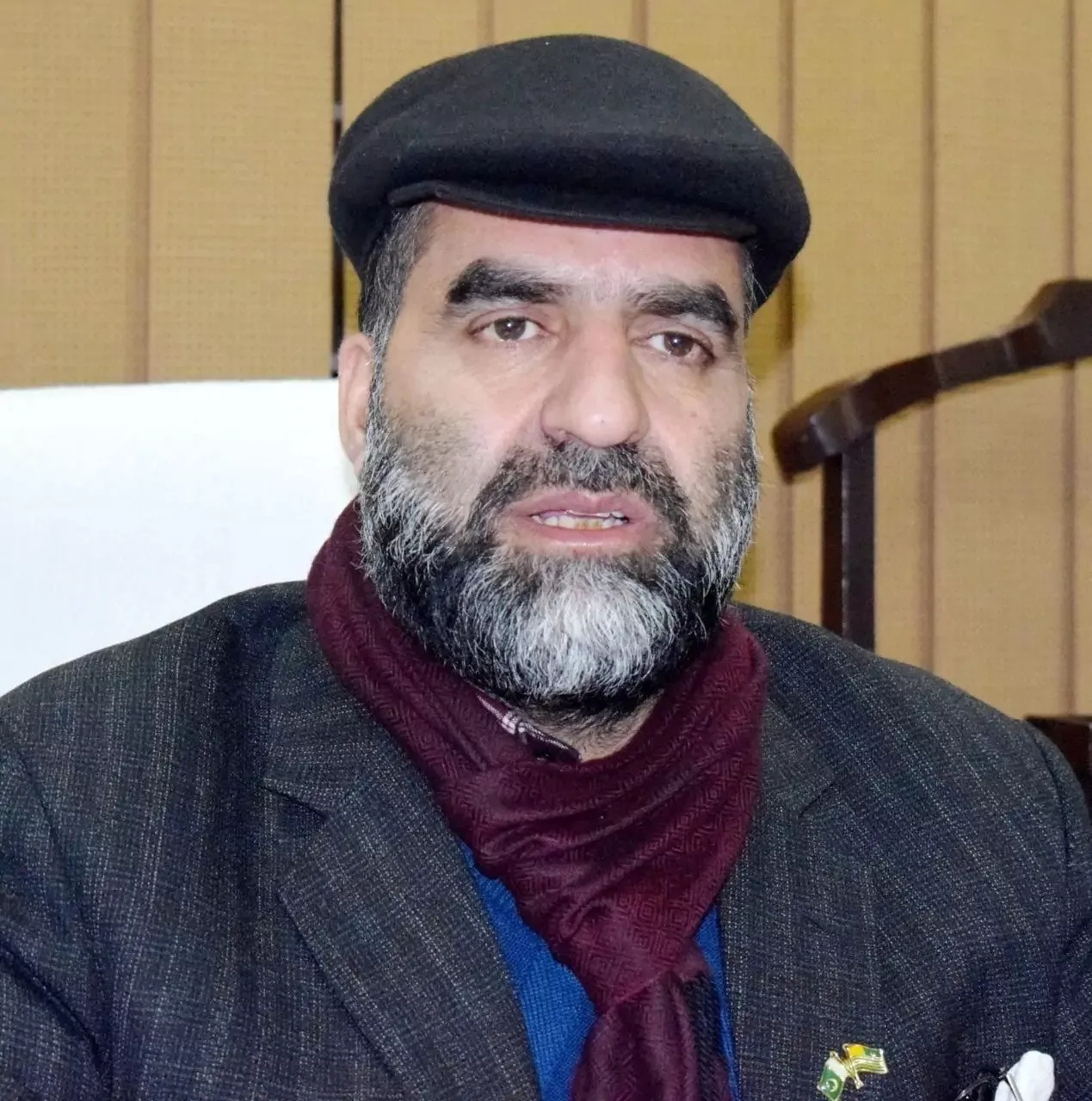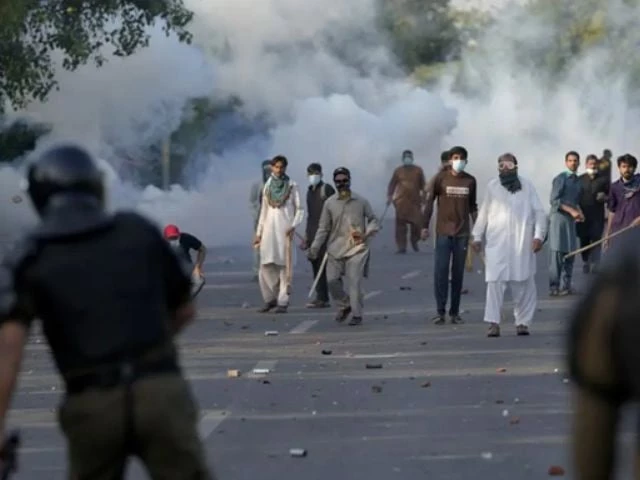The Sacredness of Hazratbal Shrine: A Community’s Response
In a recent turn of events, the installation of the Ashoka emblem inside the Hazratbal Shrine in Srinagar has sparked significant outrage among the Muslim community in Jammu and Kashmir. The Hazratbal Shrine, known for housing a sacred relic of the Holy Prophet (peace be upon him), is more than just a historic site; it’s a deeply revered place of worship. Altaf Ahmed Bhat, Chairman of the Jammu & Kashmir Salvation Movement (JKSM), has publicly condemned this act, emphasizing the shrine’s sanctity and its importance to the community.
Bhat articulated that the Ashoka emblem’s placement inside such a holy space is not only disrespectful but also contradicts Islamic principles, particularly the idea of Tawheed, which emphasizes the oneness of God without any representation through idols or images in places of worship. His statements resonate deeply with many locals who feel that politics should never intrude upon their religious life.
The swift action taken by Kashmiri worshippers who removed the emblem highlights a collective devotion to maintaining the integrity of their sacred spaces. Bhat praised this demonstration as a powerful symbol of the community’s commitment to their faith and traditions.
Moreover, Bhat did not shy away from criticizing the Waqf Board authorities, asserting that their decisions seem to be more politically motivated than genuinely religious. His warning was clear: any attempts to alter the spiritual essence of Kashmir’s mosques and shrines will face steadfast resistance from the people.
The controversy escalated when, after the emblem was installed, a renovation plaque was vandalized, leading to arrests of those who participated in removing it. This incident underlines the heightened emotions surrounding the intersection of politics and spirituality in the region.
Sacred spaces like Hazratbal are meant for prayer, reflection, and community bonding, not for political symbolism. The people of Kashmir are united in their conviction to preserve their heritage and faith, maintaining that such sites should remain untouched by outside influences.
Though events like these can stir up controversies, they can also serve as powerful reminders of what communities hold dear. It’s essential to engage in discussions that respect both history and faith while seeking pathways for understanding and unity. If you want to explore more about the intersection of spirituality and community issues, feel free to connect with Pro21st for insightful discussions and resources.
At Pro21st, we believe in sharing updates that matter.
Stay connected for more real conversations, fresh insights, and 21st-century perspectives.





